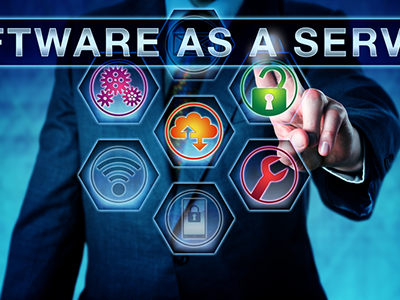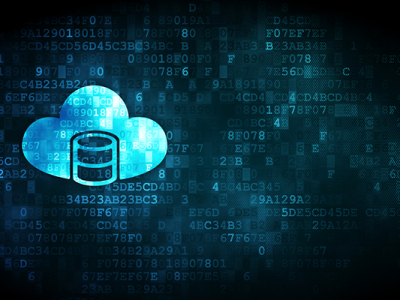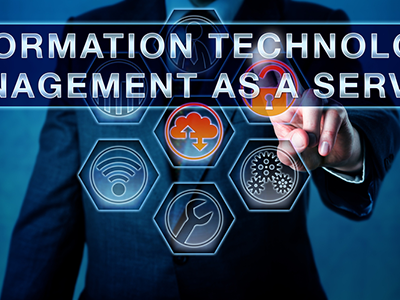Security in the Age of the Internet of Things
The Internet of Things, which includes any object or computing device that connects to the internet, is growing fast and providing unique security challenges for businesses. In fact, it’s reported that 43 percent of businesses use IoT, with the number of connected devices... Continue Reading








